The German Pinscher, also known as the Deutscher Pinscher, is a terrier breed from Germany that belongs to the Pinscher and Schnauzer family. German Pinscher puppies are adorable and lively companions that surely capture the hearts of dog lovers. Originating from Germany, these intelligent and energetic pups make fantastic family pets. If you’re considering bringing a German Pinscher puppy into your home, read on to discover everything you need to know about caring for these furry friends.
The German Pinscher was created in Germany between the late 1700s and the late 1800s with the purpose of eradicating vermin. Many breeds, including the Doberman Pinscher and the Miniature Pinscher, owe their origins to the dogs breed.
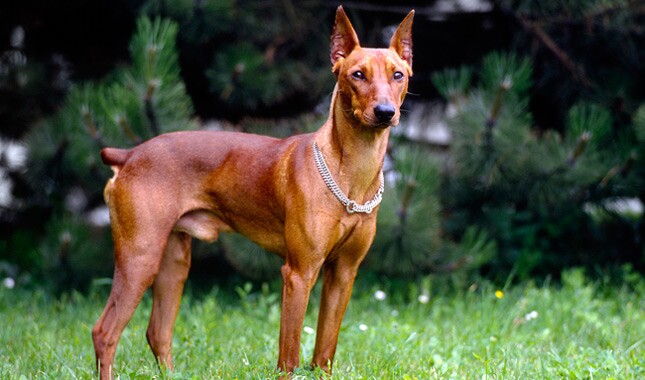
The German Pinscher’s origins are unknown. Rough-haired and smooth-haired dogs of this breed were traditionally used as carriage dogs or stable dogs. It’s possible that rough-haired and smooth-haired puppies will be born in the same litter. Both breeds were called Deutscher Pinschers and descended from the same ancestor. The Rat Pinscher, also known as the Rat Catcher, is the breed’s founder.
In the years following WWII, the Pinscher was on the verge of extinction. Two breed colors, pure black and salt-and-pepper, did really become extinct. Werner Jung recreated it from a single standard-sized animal and four disproportionately huge Miniature Pinschers. After an eight-year period with no births, a litter was born in 1958. In 1955, the Fédération Cynologique Internationale officially recognized the Pinscher. In the late 1970s, they were first brought into the United States. In 1895, these dog breed was officially recognized as a breed.
Physical Characteristics of German Pinscher Puppies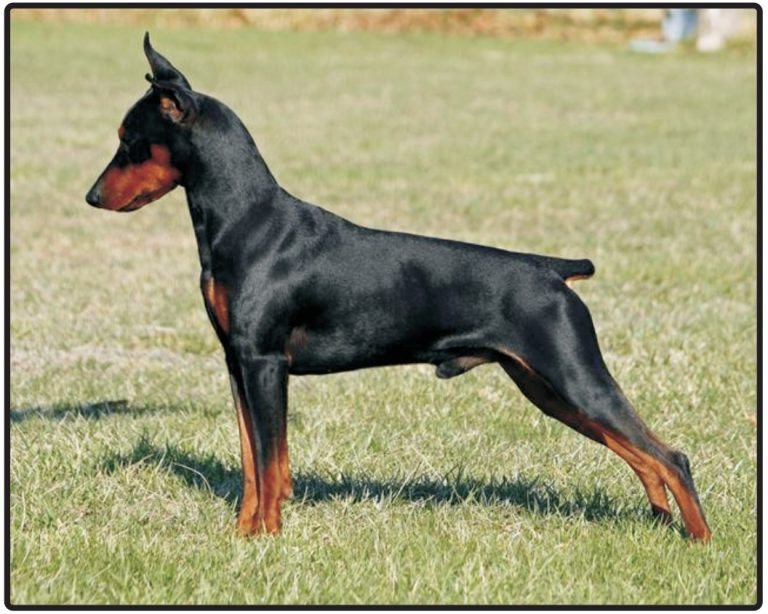
- German Pinscher puppies are known for their medium-sized, sturdy build and glossy coat.
- They have a lively and alert personality, making them great watchdogs.
- This breed is highly intelligent and responsive, making them easy to train.
- The German Pinscher is a medium-sized dog with a squared-off build and muscular muscles. move with a strong, free-flowing gait.
- Both males and females have an average height of 17 to 20 inches.
- They weigh between 25 and 45 pounds on average. Some people are smaller or larger than others.
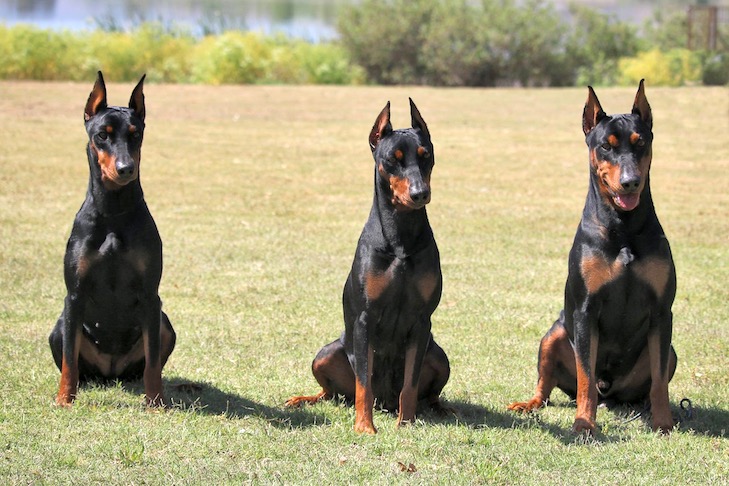
- The coat is dense, short, and smooth, and it can be black-and-tan or self-colored red, ranging in color from light stag red to dark reddish-brown.
- To the ordinary adult, you should be around knee-high.
- Muscles sway beneath a gleaming red or black-and-blue coat with crimson embellishments.
- The elongated, wedge-shaped head exudes nobility, and the black eyes are vigilant and eager.
German Pinscher Behavior
The German Pinscher is a strong-willed, loyal dog who requires a strict and committed owner. All working breeds have the same kind of energy and drive as the German Pinscher, but they also make excellent companions. They enjoy spending time with their loved ones. They also serve as service dogs, therapy dogs, and spoiled pets who appreciate the conveniences of home living.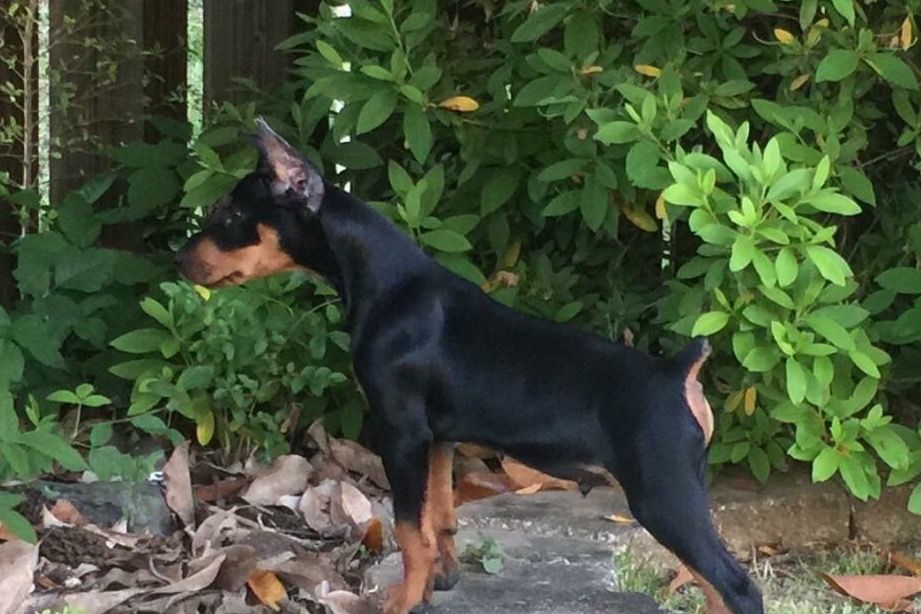
This particular dog will alarm you by barking loudly. If an intruder tries to break into your home, this dog will fight back with everything they have. And they’re more than capable of dealing with an invader. This isn’t a breed that can live outside, and they don’t like being overlooked while everyone else is busy. When bored, the German Pinscher can be destructive.
German Pinscher Training
German Pinschers are extremely bright, to the point of being manipulative. They need a firm and knowledgeable owner, preferably one who has worked with other working dogs before. This mischievous, rebellious breed necessitates extensive early socialization and behavior training. A German Pinscher is bright and quick to learn, and they can train and compete at all levels.
Proper training and socialization are essential for German Pinscher puppies to grow up into well-behaved adult dogs. Here are some tips to help you raise a well-adjusted German Pinscher puppy:
- Start training early to establish good behavior habits.
- Use positive reinforcement techniques like treats and praise to reward good behavior.
- Socialize your German Pinscher puppy with other dogs and people to prevent aggressive behavior.
For the German Pinscher, socialization is just as vital as obedience training in preventing aggression. Because they are a working breed, they require regular activity and should not be left untrained or unexercised. To curb negative behaviors, expect to get a good amount of exercise each day. The German Pinscher, on the other hand, can learn rapidly and effectively with proper training and consistency.
Feeding and Grooming Guide for German Pinscher Puppies
- Feed your German Pinscher puppy a high-quality, balanced diet to support their growth and development.
- Groom your puppy regularly by brushing their coat and trimming their nails to keep them looking their best.
- Provide plenty of exercise and mental stimulation to keep your German Pinscher puppy happy and healthy.
German Pinscher Caring
The German Pinscher is a high-energy, nimble and athletic breed that demands enough daily activity to maintain his physical and mental health. The breed is muscular and medium-sized, with a high prey drive. They thrive in anything that requires them to use both their physical and cerebral abilities. The dog breed sheds moderately and requires little maintenance.
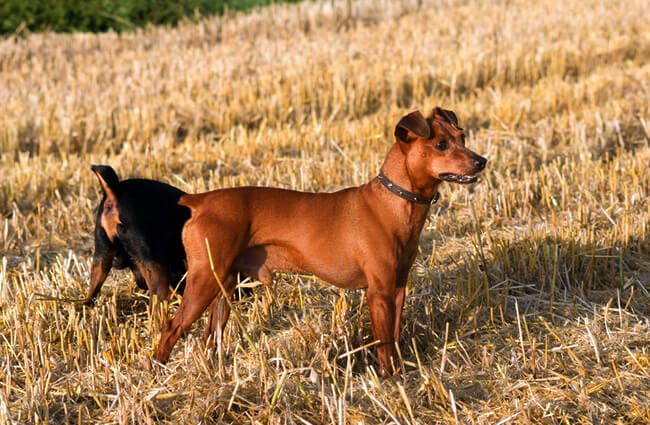
Once a week, brush their coat with a towel or rubber mitt to remove any unwanted hair. The short, thick coat of the dog breed requires little grooming. Weekly brushing and a bath every now and then will keep him gleaming and looking his finest. His nails, like those of all breeds, should be clipped on a monthly basis.
Health Concerns for German Pinscher Puppies
While German Pinscher puppies are generally healthy, it’s important to be aware of potential health issues that can affect this breed. Some common health concerns for German Pinscher puppies include:
- Hip dysplasia
- Eye problems
- Allergies
Regular vet check-ups and a proper diet can help prevent these health issues and ensure your German Pinscher puppy lives a long and happy life.
German Pinschers are normally strong, healthy dogs, yet they are susceptible to a few health issues. Hip dysplasia, eye illness, and von Willebrand’s disease are among them. They can live for a longer period of time if proper care is taken.
RECOMMENDED ARTICLES
- Dogue de Bordeaux- Characteristics, Behaviour And Health
- Destructive Behavior In Dogs- Causes, System And Treatment
- Bumps or Lumps on Canine Body
- Canine Cancer- Causes, Symptoms And Treatment
Conclusion: Bringing Home a German Pinscher Puppy
Bringing home a German Pinscher puppy can be a rewarding experience. By understanding their characteristics, training needs, feeding requirements, and potential health concerns, you can provide the best care for your dog. Remember to shower your German Pinscher puppy with love, attention, and proper care to ensure a happy and healthy life together.
If you’re ready to welcome a German Pinscher puppy or the German Pinscher puppies into your home, be prepared for a loyal and affectionate companion that will bring joy and companionship for years to come. Happy puppy parenting!
Are you considering adding a German Pinscher puppy to your family? Share your thoughts and experiences in the comments below!

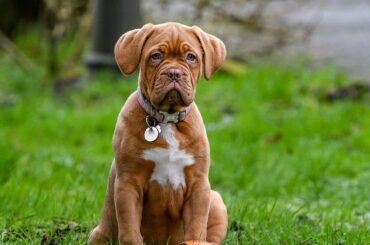
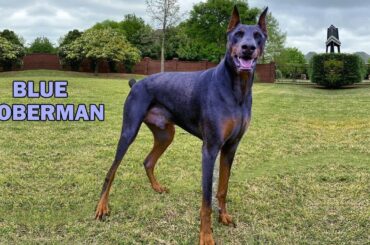
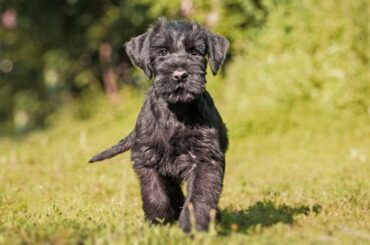
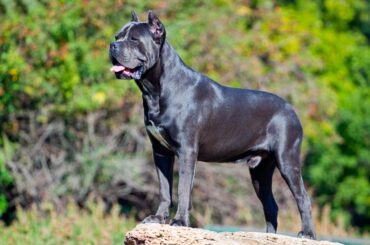
10 Comments
Oh my goodness, these German Pinscher puppies are just too adorable! I love their playful energy and those expressive eyes. Can’t wait to bring one into my home
As a longtime German Pinscher owner, I can attest to their intelligence and loyalty. These puppies are a handful but worth every moment of training. They grow up to be such amazing companions!
I stumbled upon this blog while researching German Pinscher puppies, and I’m so glad I did! These little ones steal your heart from the moment you lay eyes on them. Can’t wait to start my journey with one soon!
The German Pinscher breed has always fascinated me, and seeing these puppies just confirms why. They’re so full of life and curiosity. I’m excited to learn more about their temperament and care needs!
I’ve been considering adding a furry friend to our family, and after seeing these German Pinscher puppies, I’m convinced this is the breed for us. They’re so elegant and spirited, I can already imagine the adventures we’ll have together!
I’ve never owned a German Pinscher before, but after reading about their intelligence and versatility, I’m eager to welcome one into my home. These puppies are absolutely precious, and I can’t wait to see them grow into confident adults.
My heart melts every time I see these German Pinscher puppies. Their boundless enthusiasm and affection are infectious! I’m already envisioning all the fun activities we’ll do together once I bring one home.
Thank you for sharing these delightful pictures and article of German Pinscher puppies! They’re a reminder of the joy and companionship that dogs bring into our lives. Can’t wait to meet one of these cuties in person!
I’ve been researching different breeds, and the German Pinscher keeps popping up as a top contender. These puppies are just too cute for words! I’m excited to delve deeper into their characteristics and find the perfect match for my lifestyle
There’s something about German Pinscher puppies that captures the heart like no other. Their playful antics and loving nature make them irresistible! I’m already picturing the special bond I’ll have with one of these furry bundles of joy.